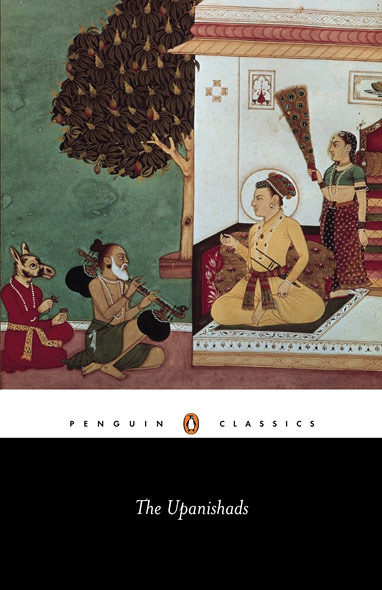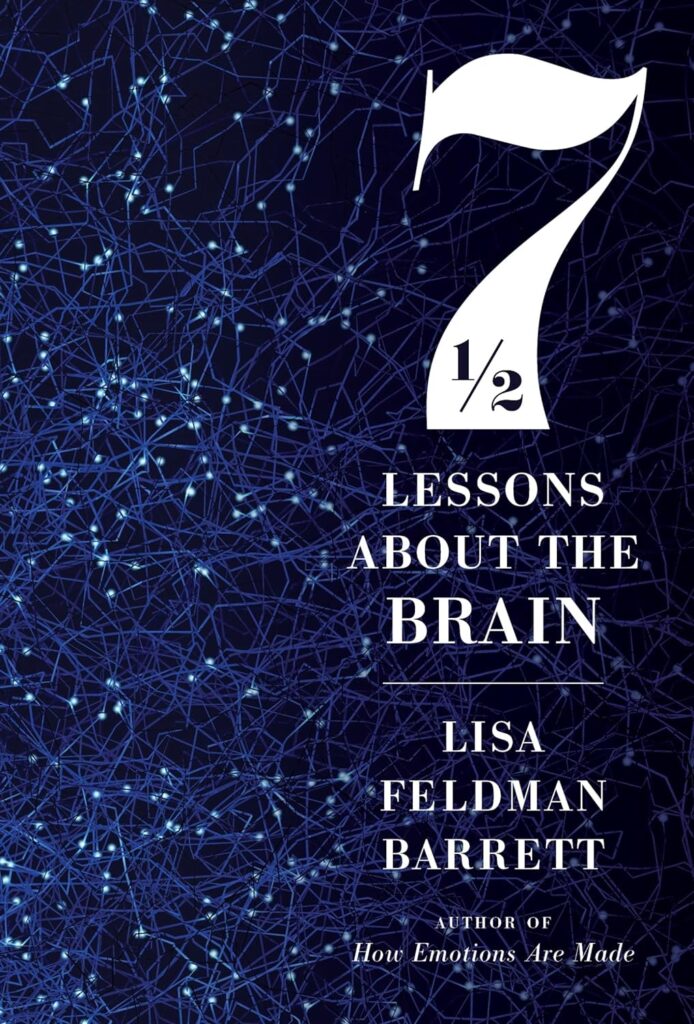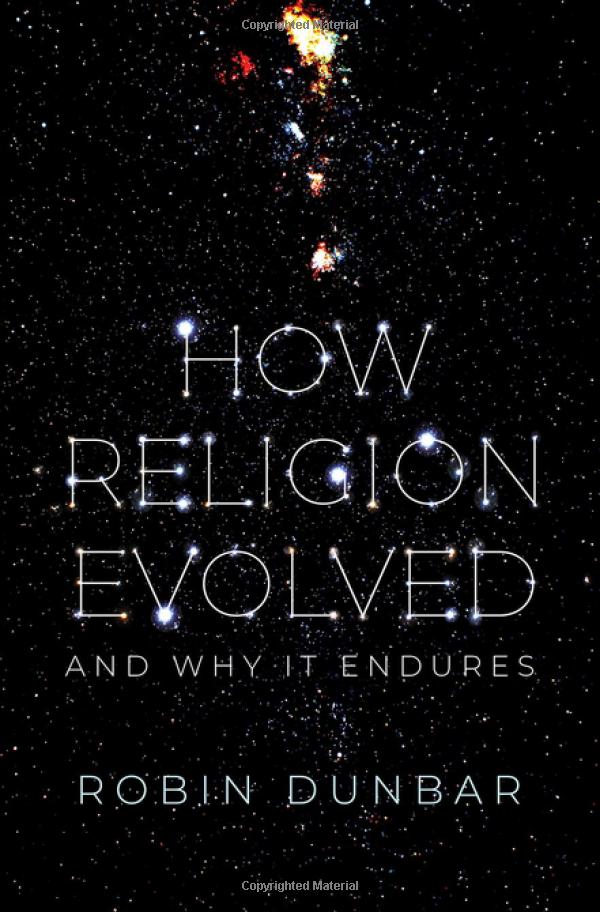
The Upanishads
The Upanishads, the earliest of which were composed in Sanskrit between 800 and 400 BCE by sages and poets, form part of the Vedas – the sacred and ancient scriptures that are the basis of the Hindu religion. Each Upanishad, or lesson, takes up a theme ranging from the attainment of spiritual bliss to karma and rebirth, and collectively they are meditations on life, death and immortality. The essence of their teachings is that truth can be reached by faith rather than by thought, and that the spirit of God is within each of us – we need not fear death as we carry within us the promise of eternal life.
Category: Axial Age ThoughtFor more than seventy years, Penguin has been the leading publisher of classic literature in the English-speaking world. With more than 1,700 titles, Penguin Classics represents a global bookshelf of the best works throughout history and across genres and disciplines. Readers trust the series to provide authoritative texts enhanced by introductions and notes by distinguished scholars and contemporary authors, as well as up-to-date translations by award-winning translators.
Read online at Sacred Texts.
- All Books by Section
- Book Reports from Our Contributors (42)
- Books Referenced in Human Journey Sections:
- Journey of the Human Mind (7)
- Discovering Our Distant Ancestors»
- The Evolution of Language (18)
- LES IDÉES QUI ONT FAÇONNÉ LE MONDE D’AUJOURD’HUI»
- Paleolithic Beginnings (29)
- Connecting with the Gods (5)
- Axial Age Thought (15)
- Origins of Christianity (35)
- Origins of Islam (19)
- The Journey of Classical Greek Knowledge to the Western World (12)
- Stories and Storytelling (4)
- Tools and the Development of Contemporary Society»
- A Sustainable Planet (25)
- The Changing World Economy»
- Health and Education in the Modern World»
- Our Mind in the Modern World (24)





